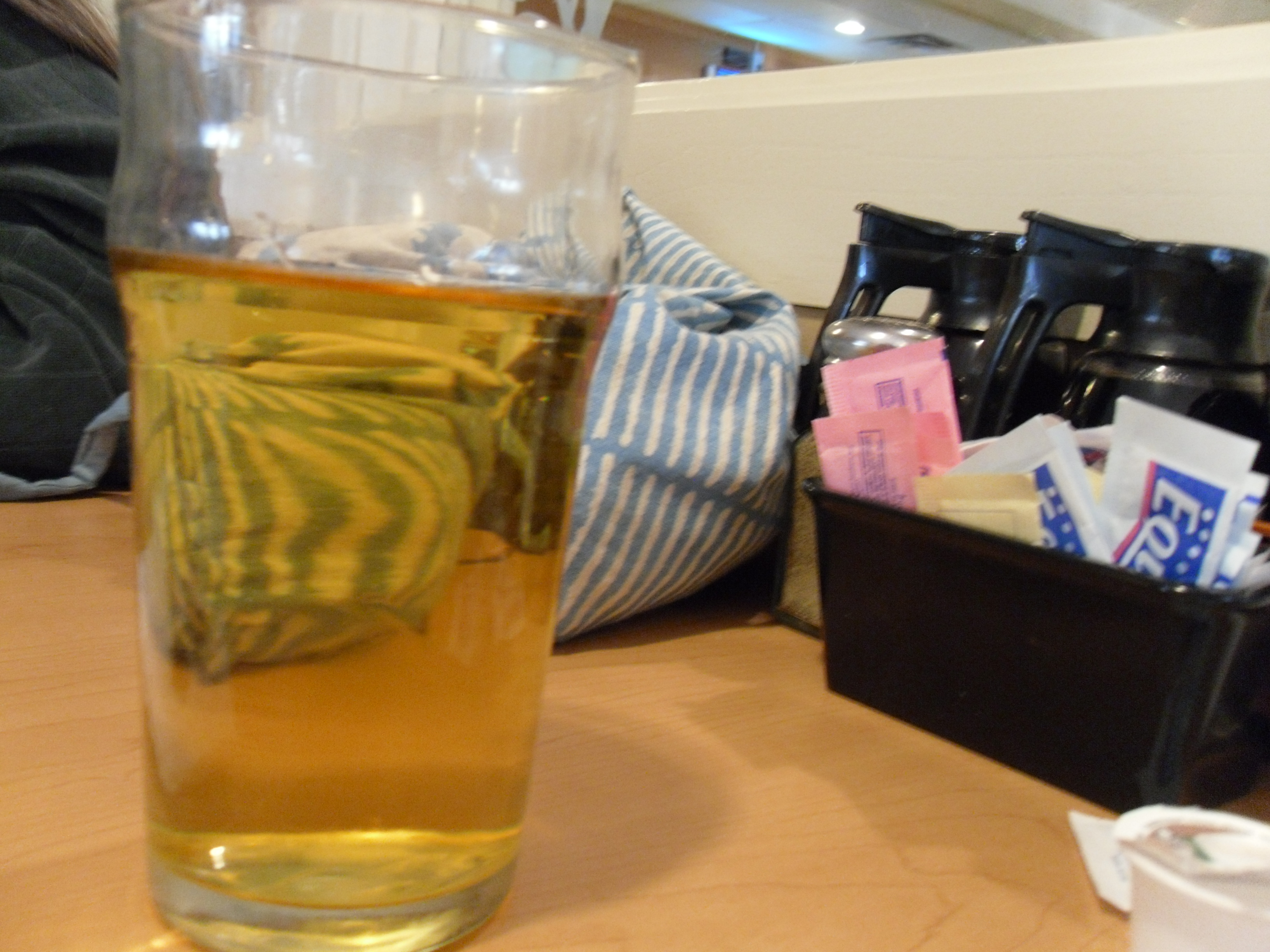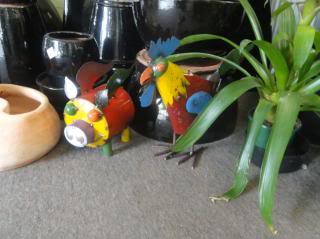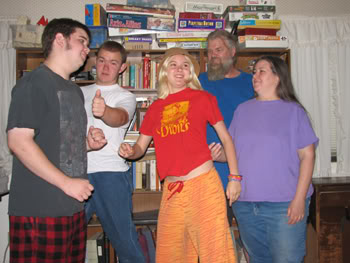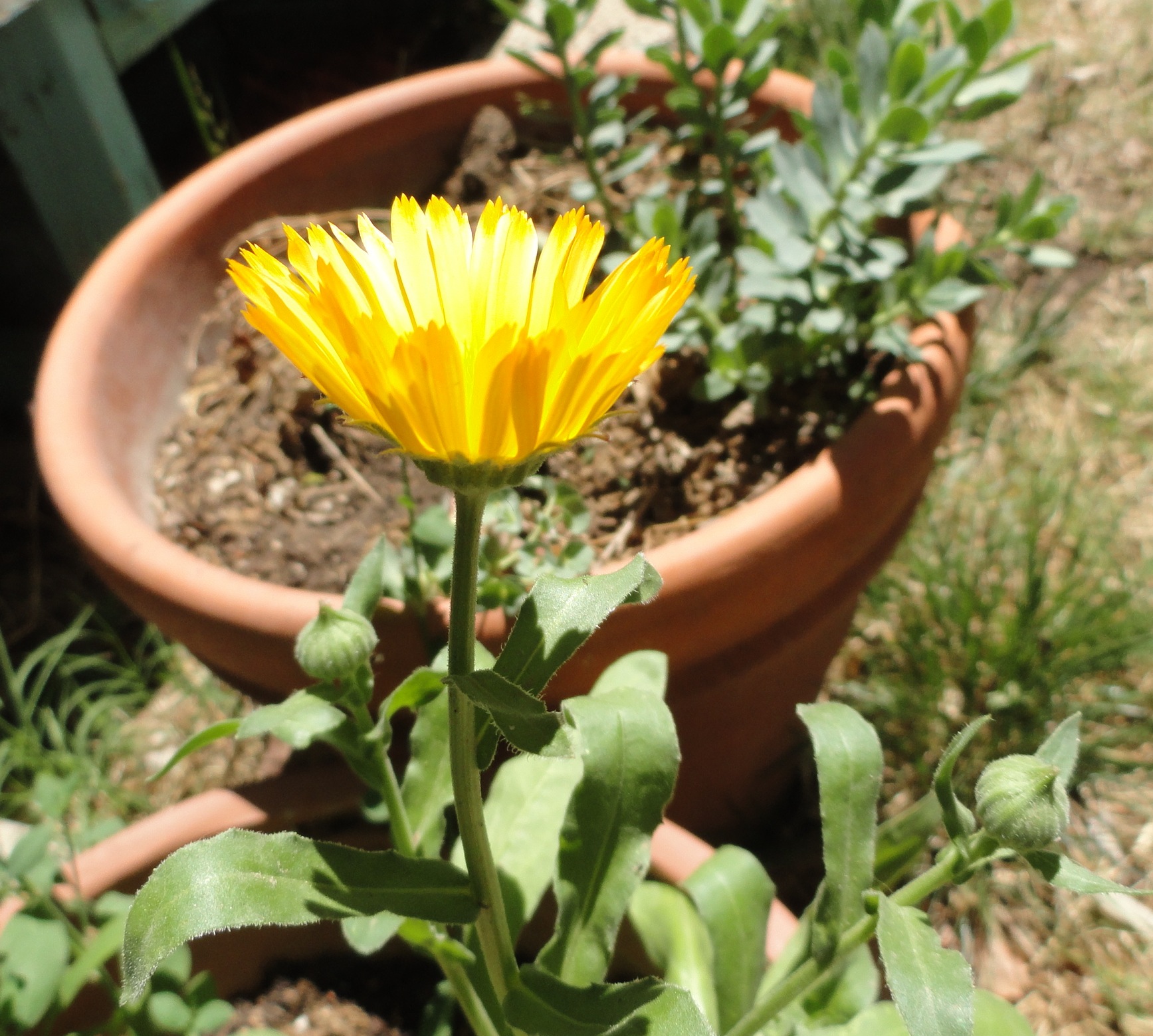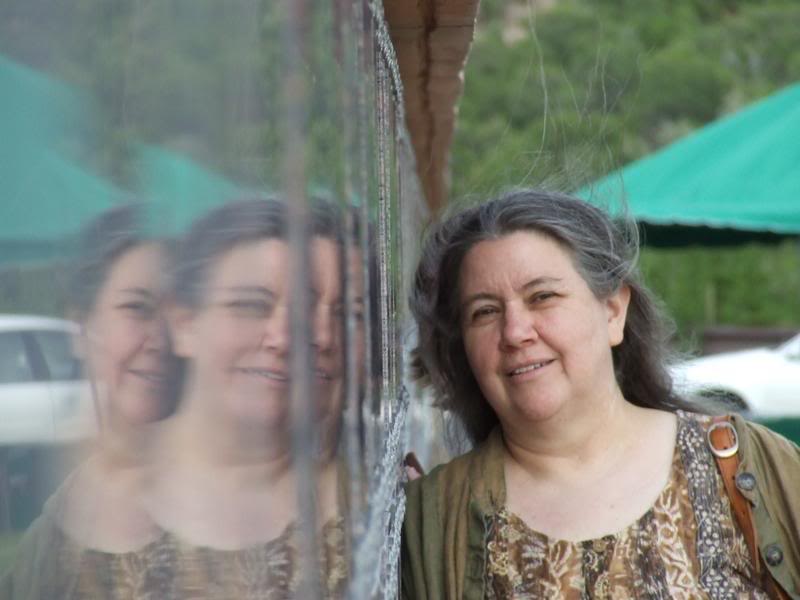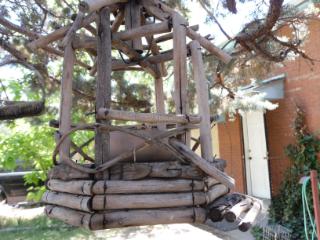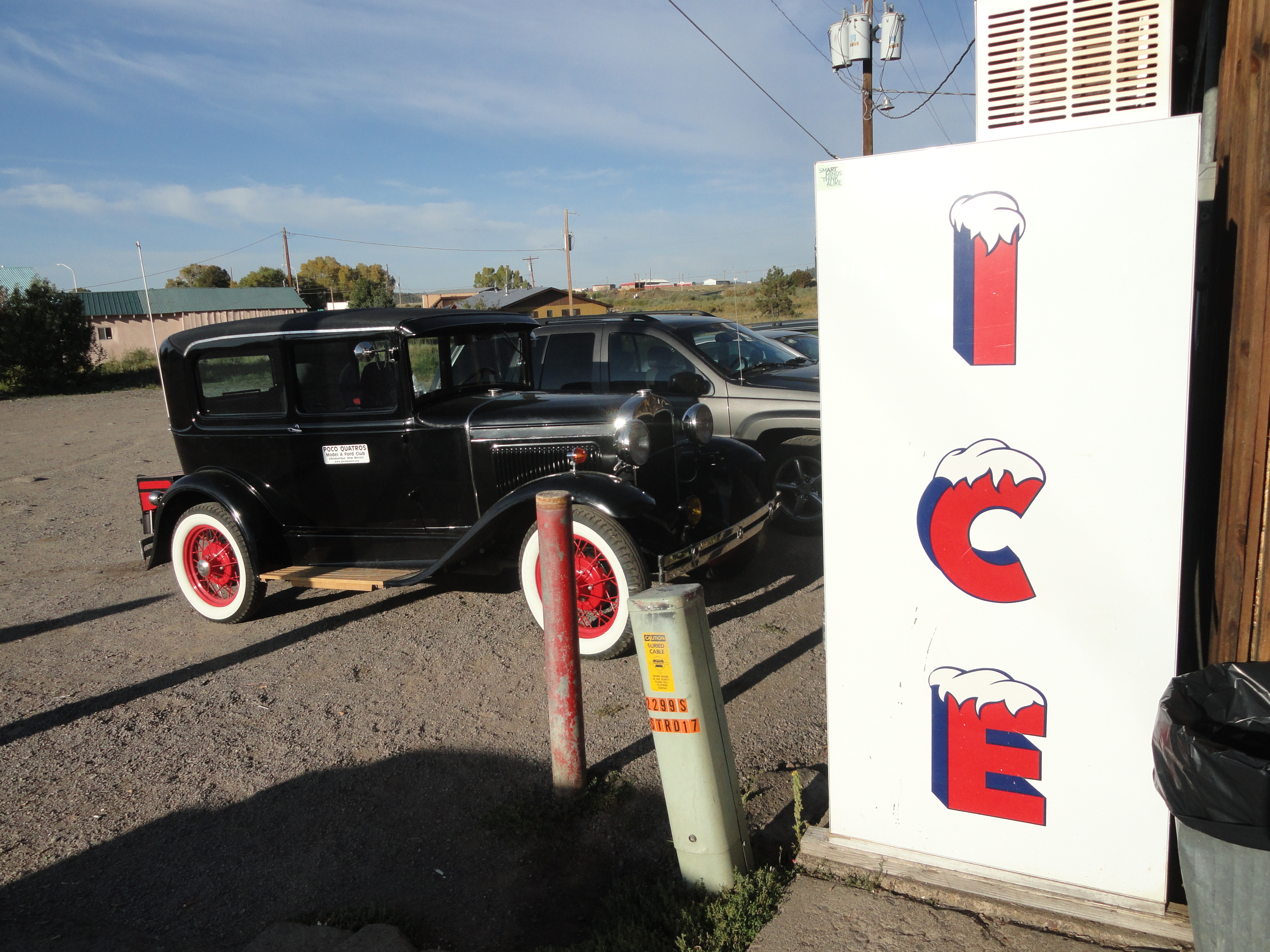It reminded me of this, from "Disposable Checklists for Unschoolers":
Universe-in-a-Drop-of-Water Method: Can one intense interest come to represent or lead to all others? A mom once complained that her son was interested in nothing but World War II. There are college professors and historians who are interested in nothing but World War II. It can become a life's work. But even a passing interest can touch just about everything—geography, politics, the history and current events of Europe and parts of the Pacific, social history of the 20th century in the United States, military technology, tactics, recruitment and propaganda, poster art/production/distribution, advances in communications, transport of troops and food and supplies, espionage, prejudices, internment camps, segregation, patriotism, music, uniforms, insignia, religion....
Karen took a photo of a forest and of unschooling in a drop of water.
photo by Karen James
__



